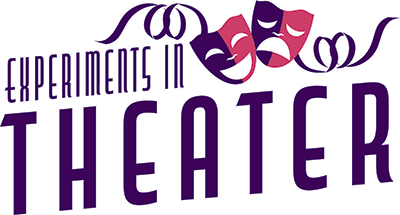Science is not only a disciple of reason but, also, one of romance and passion.
– Stephen Hawking
Theater is a structured, project-based activity that requires a unifying vision, creativity and a passion for truth. There are many ways in which youth theater activities support scientific conventions and 21st Century precepts.
1- Questioning
The theater process requires participants to ask and pursue answers to challenging questions about human behavior as it relates to events in a play. Sometimes answers are found within the text and given circumstances of a script but, often, it is the job of the actor to make justified inferences about their role.
2- Researching
Research is an important part of the theater experience, especially if the setting of a play is unlike that of the participants. For example, Arthur Miller’s The Crucible calls for research into the history of the Salem witch trials. Even actors performing in contemporary plays can benefit from research if the play depicts a foreign setting or unfamiliar events.
3- Observations & Connections
Actors who take part in their school productions are sometimes called upon to portray seasoned, adult characters. In this case, it is helpful for young actors to connect the imaginary events of a play to the authentic behavior of the adults around them. If art imitates life, an actor’s greatest resource, at any age, is his or her experience and observations of real life.
4- Trial & Error
Rehearsals are the laboratory of the theater artist. When actors assemble for a rehearsal, their research, observations and theories converge with their shared goal — the truthful and meaningful portrayal of human behavior. Through direction, redirection and diligent practice, actors test their theories and observations and, ultimately, make creative choices that support the given circumstances of the play.
5- Presenting Discoveries
Theater experiments culminate into a live performance where collaborators, after a thorough examination, present their choices, theories and discoveries to a diverse population of peers, enthusiasts and critics. However, the play you see this weekend, no matter how decisive or how absolute it may seem, will inevitably be reinvented in the future by other artists with new ideas and new perspectives. Plays, like scientific ideas and theories, are constantly being reborn and revisited.
To raise new questions, new possibilities, to regard old problems from a new angle, requires creative imagination and marks real advance in science.
– Albert Einstein
